Health
These medications could make driving dangerous, the FDA warns
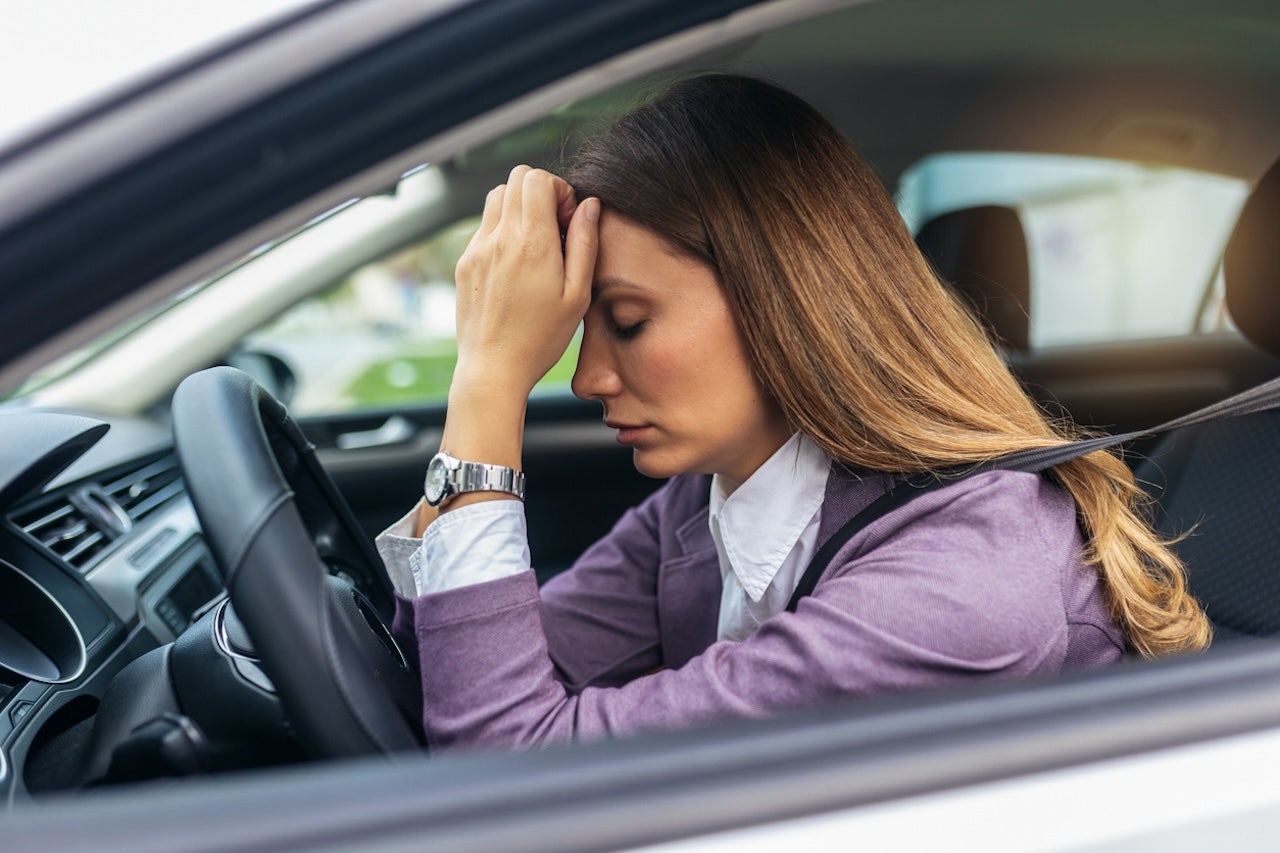
It’s become common knowledge that drinking and driving don’t mix — but should you get behind the wheel after popping a pill?
It depends on the type of medication, according to the U.S. Food and Drug Administration (FDA).
While most medicines are safe to take on the go, some may cause side effects that can interfere with the ability to operate a vehicle or heavy machinery, the agency warned in a notice on its website.
AMID KRATOM OVERDOSE CLAIMS, GROUPS CALL FOR REGULATION, BETTER TESTING OF DRUG
These side effects can include drowsiness, dizziness, blurred vision, fainting, lack of coordination, nausea, inability to focus or pay attention, and excitability, the FDA noted.
“Some medicines can affect your driving for a short time after you take them,” the notice stated. “For others, the effects can last for several hours and even into the next day.”
Some medications may cause side effects that can interfere with your ability to operate a vehicle, the FDA warned. (iStock)
Some medicines come with a warning to not operate a vehicle or operate heavy machinery for a certain period of time after taking them.
MAN DIES AFTER CONSUMING TOO MUCH VITAMIN D AS EXPERTS WARN OF RISKS: ‘CASCADE OF PROBLEMS’
“Many different types of medications — such as antipsychotics, anti-epileptic medications, stimulants, muscle relaxants, opioids, benzodiazepines, sleeping pills, some antidepressants, and even over-the-counter medications like antihistamines — can cause side effects that impair mental and motor functions, including fatigue, headaches, nausea, blurred vision, delayed reaction times and visual impairment,” Katy Dubinsky, a New York pharmacist and the CEO and co-founder of Vitalize, a private supplement company, told Fox News Digital.
“These side effects significantly reduce alertness and clear vision, which are crucial for safely driving and performing everyday tasks,” she added.
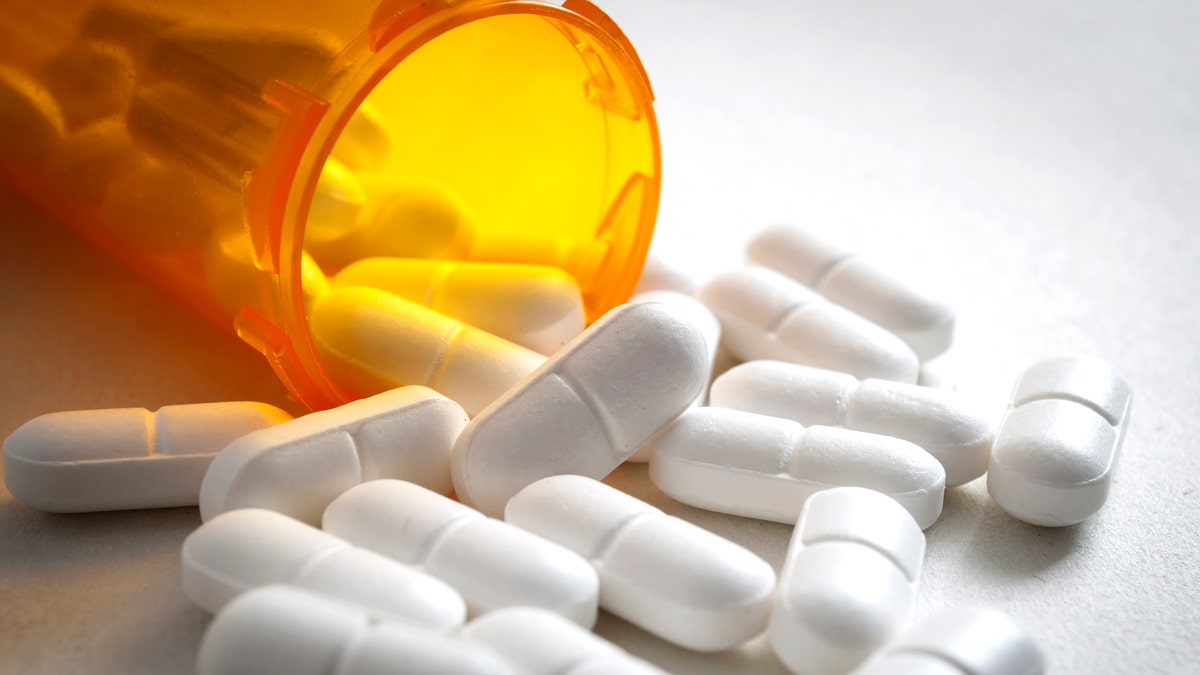
Some medicines come with a warning to not operate a vehicle or operate heavy machinery for a certain period of time after taking them. (iStock)
Dr. Shana Johnson, a physical medicine and rehabilitation physician in Scottsdale, Arizona, noted that central nervous system depressants can be particularly dangerous for driving — as these medications exert their effects by calming the brain.
“Side effects associated with this calming include sleepiness, loss of focus and fuzzy thinking,” she told Fox News Digital.
WHEN SHOULD OLDER DRIVERS HAVE TO STOP DRIVING?
“Common examples of this class are medications for muscle spasms (muscle relaxants), pain (opioids), seizures (anti-seizure medications) and anxiety (benzodiazepines).”
Two other classes of medications that have sedating effects are antihistamines used for allergy control and anticholinergics used for bladder control and chronic pain, Johnson added.
Medications that don’t mix with driving
The FDA website includes the following list of medications that could make it dangerous to drive.
- Antipsychotic medicines
- Anti-seizure medicines (antiepileptic drugs)
- Diet pills, “stay awake” medicines and other stimulants, including caffeine, ephedrine and pseudoephedrine
- Medicines that treat or control symptoms of diarrhea and urine or bladder control
- Medicines that treat or prevent symptoms of motion sickness
- Muscle relaxants
- Opioids, including some cough suppressants containing codeine and hydrocodone
- Prescription medicines for anxiety (for example, benzodiazepines)
- Sleeping pills
- Some antidepressants
- Some prescription and over-the-counter (OTC) cold remedies and allergy medicines that contain antihistamines, nighttime sleep aids or cough medicines
- Products containing cannabis or cannabis-derived compounds, including CBD

Some medication side effects can include drowsiness, dizziness, blurred vision, fainting, lack of coordination, nausea, inability to focus or pay attention and excitability, the FDA noted. (iStock)
Taking sleep medicines at night can sometimes cause impaired driving the next day, the FDA warned.
“If you take sleep drugs, talk with your health care professional about ways to take the lowest effective dose, when to take the medicines before bedtime, and when it would be safe to drive again after taking a sleep medicine,” the agency advised.
WHY SOME SENIORS SHOULD SIGN ‘DRIVING CONTRACTS’ AND AGREE TO HANG UP THEIR CAR KEYS
Allergy medications may contain antihistamines that can also impede driving ability, the FDA added.
“Antihistamines can slow your reaction time, make it hard to focus or think clearly, and may cause mild confusion even if you don’t feel drowsy.”
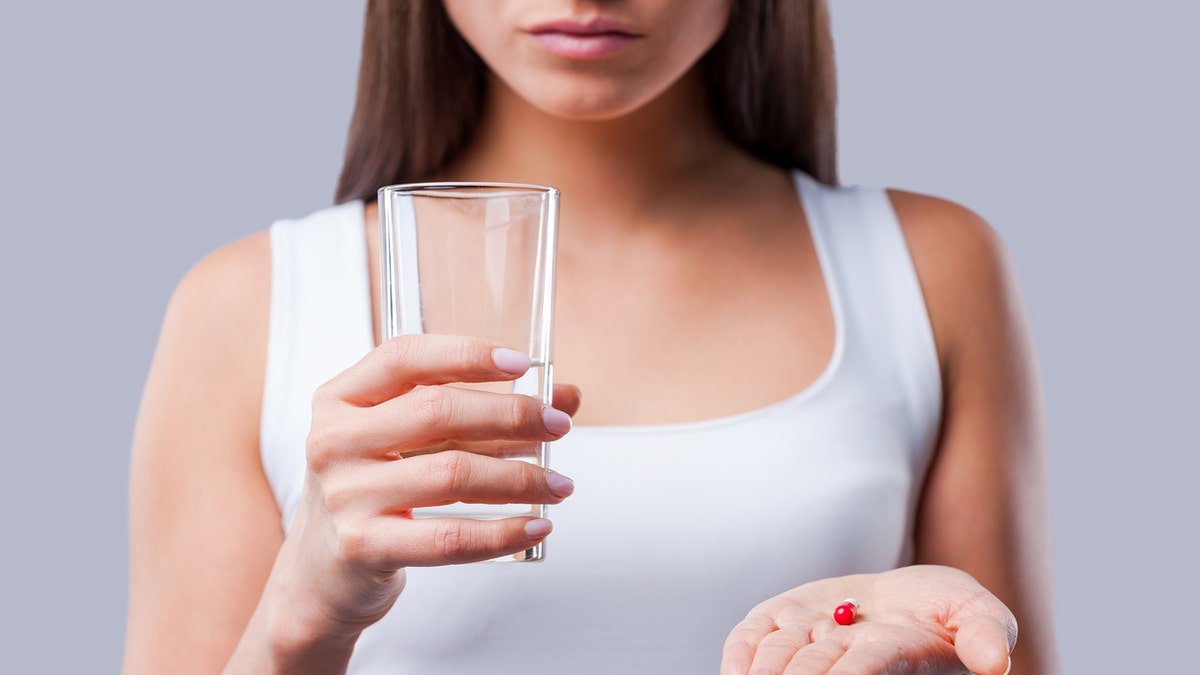
One doctor tells patients to try a new medication when they don’t have plans to drive — so they can see how it affects them and potentially avoid any dangerous situations. (iStock)
Johnson said the impact of medications on driving abilities may vary from person to person.
“One person may feel no sleepiness with an antihistamine, while another may feel sleepy the whole day,” she told Fox News Digital.
“Seeing how a medication affects you is important to know before driving on it.”
CLICK HERE TO SIGN UP FOR OUR HEALTH NEWSLETTER
In her practice, Johnson said she tells her patients to try a new medication when they don’t have plans to drive — so they can see how it affects them and avoid a dangerous situation.
“The risk of medications impairing driving increases if you are on multiple medications with sedating side effects and with older adults,” she added.
Preventing impaired driving
For those who are taking medications, it’s recommended to consult with a health care professional for guidance related to driving.
For over-the-counter medicines, the agency recommends always following directions for use and reading the warnings on the Drug Facts label.
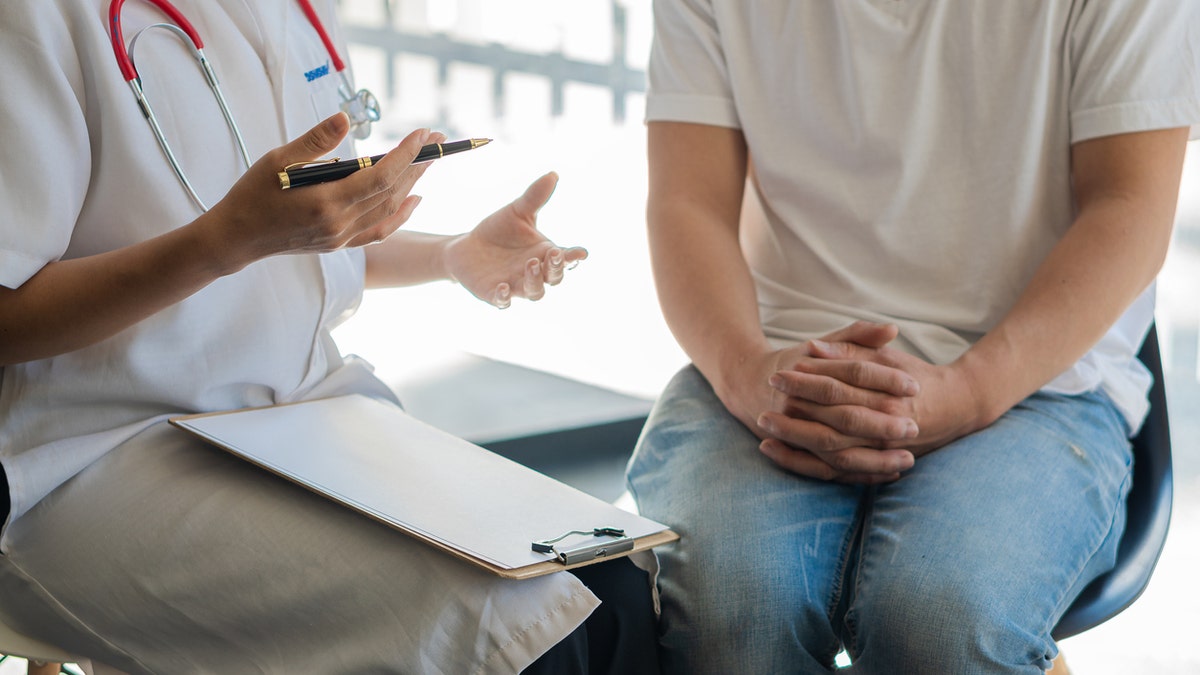
For those taking medications, it’s recommended to consult with a health care professional for guidance related to driving. (iStock)
For prescription medications, the agency recommends following the directions and warnings on packaging, as well as reading the FDA-approved labeling.
“Your health care professional might be able to change your dose, adjust the timing of when you take the medicine, or switch the medicine to one that causes fewer side effects for you,” the FDA stated.
It’s also important to tell your doctor about other medicines, vitamins or supplements you are taking, as it’s possible that they could impact any side effects.
For more Health articles, visit www.foxnews.com/health.

Health
What Happens If You Eat Eggs Every Day? Nutritionists Share the Benefits

Sign Up
Create a free account to access exclusive content, play games, solve puzzles, test your pop-culture knowledge and receive special offers.
Already have an account? Login
Forgot your password?
Get back to the Sign In
Use left and right arrow keys to navigate between menu items.
Use escape to exit the menu.
Health
Ask a doctor: ‘I swallowed a bug — now what should I do?'
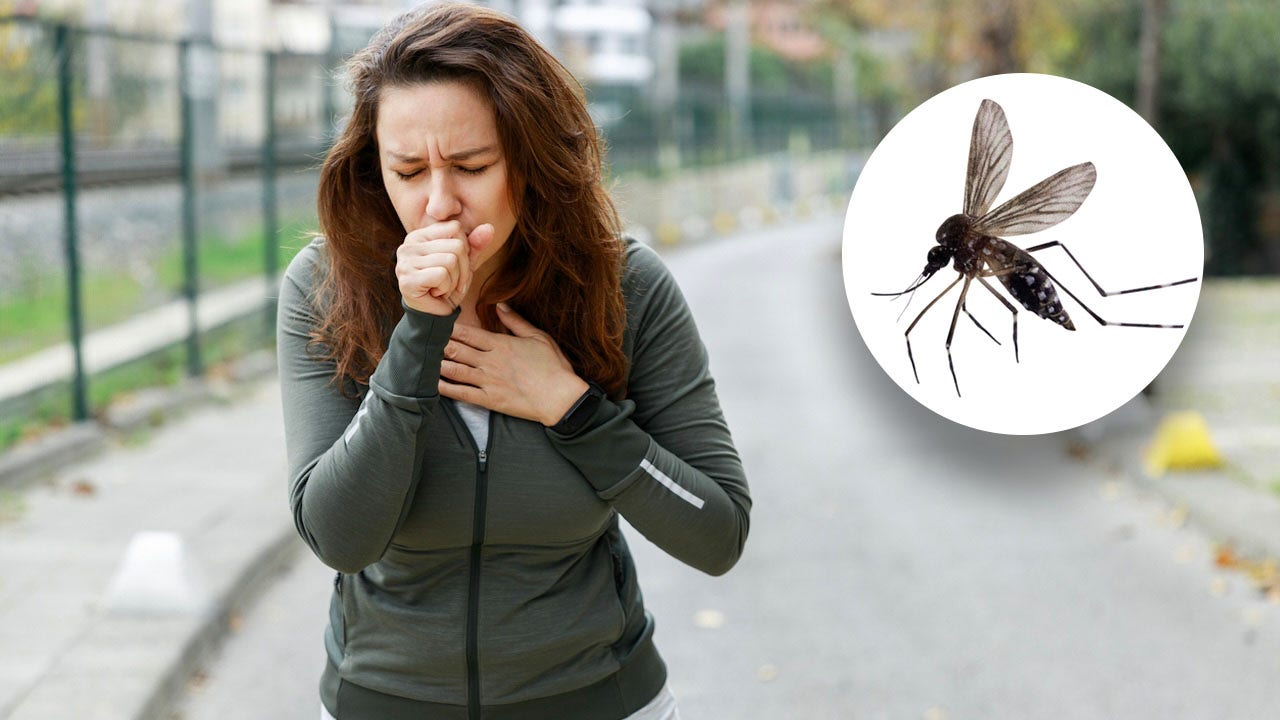
Most people have experienced that moment of discomfort when they realize a bug has wound up where it shouldn’t be — in their windpipe.
That includes Taylor Swift, who on more than one occasion has accidentally swallowed a bug while performing on stage in front of thousands of people.
It can be a startling and somewhat disgusting occurrence — but is this dangerous, or just a nuisance?
LOCAL DENGUE FEVER CASES CONFIRMED IN FLORIDA KEYS, SPREAD BY MOSQUITO BITES
Dr. Raj Dasgupta, a quadruple board-certified physician in California, shared with Fox News Digital the true impacts of accidentally swallowing a bug, and the best thing to do if it happens.
“Swallowing a bug can often happen accidentally when you’re eating or drinking outside, or if a bug flies into your mouth,” Dasgupta, who serves as chief medical advisor for Fortune Recommends, told Fox News Digital via email.
Dr. Raj Dasgupta, a quadruple board-certified physician in California, discussed the impact of accidentally swallowing a bug — and the best thing to do if it happens. (Sleepoplis)
“It can also happen if you’re talking or laughing outdoors. Sometimes it might even happen indoors if bugs are in your food or drink and you don’t realize it.”
ASK A DOCTOR: ‘HOW CAN I PREVENT SCARRING FROM BUG BITES AND POISON IVY?’
Swallowing a bug is usually not dangerous, Dasgupta noted.
“The stomach’s digestive acids usually break down the bug, and it is passed out of the body without causing harm,” he said.
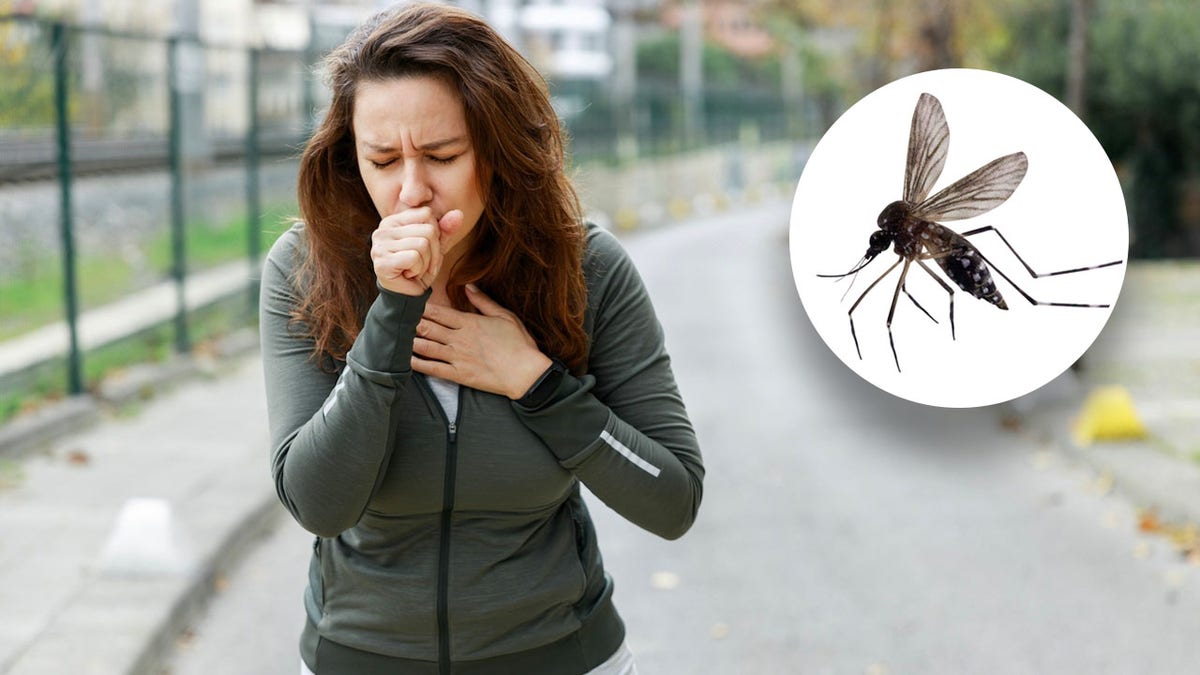
“Swallowing a bug can happen accidentally when you’re eating or drinking outside, or if a bug flies into your mouth,” the doctor told Fox News Digital. (iStock)
If the bug carries harmful bacteria or parasites, however, it could cause gastrointestinal issues or allergic reactions, according to the doctor.
The type of bug can make a difference, he said.
“Bugs like beetles or ants are less of a concern, but bugs that are known to spread diseases — such as mosquitoes — might be riskier.”
If you happen to swallow a bug, drinking some water can help wash it down, Dasgupta said.

Taylor Swift has announced the accidental swallowing of bugs, mid-concert, on more than one occasion. (Marcelo Endelli/TAS23/Getty Images for TAS Rights Management)
“If you start feeling sick, like abdominal pain, vomiting or nausea, keep an eye on your symptoms,” the doctor said.
If you have severe stomach pain, ongoing vomiting, trouble breathing, or swelling, rash or itching, Dasgupta said to see a doctor.
CLICK HERE TO SIGN UP FOR OUR HEALTH NEWSLETTER
“If you know the bug could have diseases or if you have health conditions that might complicate things, it’s a good idea to get checked out to be safe,” he added.
For more Health articles, visit www.foxnews/health
Some bugs — including grasshoppers, beetles, termites, mealworms and even stink bugs — are actually considered edible in certain countries, and are prepared and eaten as part of meals, according to WebMD’s website.
Health
“I’m a Dietitian, and Here’s Why an Overly Restrictive Diet Can Backfire”

Sign Up
Create a free account to access exclusive content, play games, solve puzzles, test your pop-culture knowledge and receive special offers.
Already have an account? Login
Forgot your password?
Get back to the Sign In
Use left and right arrow keys to navigate between menu items.
Use escape to exit the menu.
-

 World1 week ago
World1 week agoOne dead after car crashes into restaurant in Paris
-

 Midwest1 week ago
Midwest1 week agoMichigan rep posts video response to Stephen Colbert's joke about his RNC speech: 'Touché'
-

 News1 week ago
News1 week agoVideo: Young Republicans on Why Their Party Isn’t Reaching Gen Z (And What They Can Do About It)
-

 News1 week ago
News1 week agoIn Milwaukee, Black Voters Struggle to Find a Home With Either Party
-

 Politics1 week ago
Politics1 week agoFox News Politics: The Call is Coming from Inside the House
-

 News1 week ago
News1 week agoVideo: J.D. Vance Accepts Vice-Presidential Nomination
-

 Movie Reviews1 week ago
Movie Reviews1 week agoMovie Review: A new generation drives into the storm in rousing ‘Twisters’
-

 World1 week ago
World1 week agoTrump to take RNC stage for first speech since assassination attempt



/cdn.vox-cdn.com/uploads/chorus_asset/file/25547838/YAKZA_3840_2160_A_Elogo.jpg)










